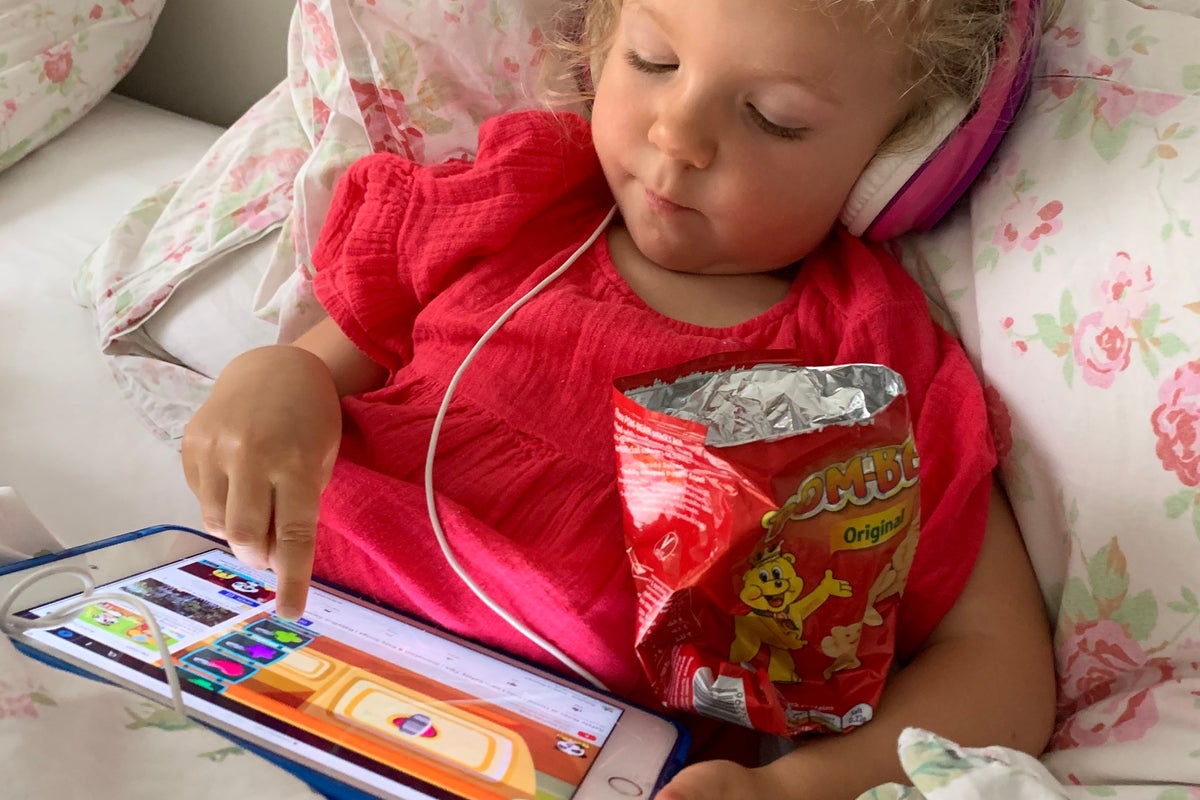American Cultural Imperialism: The UK’s Language Crisis as Children Embrace Americanisms Over British Heritage
A new study has revealed a significant shift in the language used by children in classrooms across the UK, as Americanisms begin to permeate everyday speech. Words like “diaper,” “apartment,” “candy,” and “garbage” are increasingly being adopted by young students, reflecting a broader cultural trend influenced heavily by American media, particularly through platforms like YouTube. This phenomenon raises urgent questions about the implications for British identity, language preservation, and the cultural landscape of the UK.
The rise of Americanisms in British classrooms is not merely a linguistic curiosity; it represents a cultural shift that mirrors historical patterns of cultural imperialism. The British Empire once dominated global discourse, spreading the English language and British customs worldwide. Now, the tables have turned as American culture, propelled by the power of media and technology, exerts its influence on the younger generation in the UK.
Children today are inundated with American content, from animated series to live-action shows, and this exposure shapes not only their vocabulary but also their cultural references and social norms. The popularity of US YouTube channels, which often garner millions of views from UK audiences, exemplifies this trend. These platforms offer a steady stream of entertainment that often prioritizes American English, leading to a natural adoption of the language by impressionable viewers.
The implications of this cultural shift extend beyond mere vocabulary. Language is a vessel for culture, and as children adopt American terms, they also absorb the values and attitudes that accompany them. This can lead to a dilution of British cultural identity, as children increasingly identify with American norms and ideas rather than their own heritage. The prevalence of Americanisms in British schools may signal a broader acceptance of American cultural hegemony, raising concerns among educators and parents about the erosion of local dialects and traditional language.
Charlotte Cripps, a parent and observer of this trend, has chosen to embrace the changes rather than resist them. She argues that the integration of American language into her daughter’s speech is a reflection of a globalized world where cultures intermingle. Cripps suggests that instead of “freaking out” over the loss of traditional British English, parents should “chill” and recognize that language is inherently fluid. This perspective invites a more nuanced discussion about language evolution and the role of cultural exchange in shaping identity.
Critics of this Americanization of British English express concern that the adoption of Americanisms may hinder children’s understanding of their own language’s richness and diversity. The fear is that as children increasingly use terms like “candy” instead of “sweets,” they may lose sight of the unique linguistic heritage that characterizes British English. This could lead to a homogenization of language that diminishes the colorful variety of dialects and expressions found throughout the UK.
The education system itself plays a pivotal role in this linguistic evolution. Teachers are now faced with the challenge of balancing the teaching of standard British English while acknowledging the influence of American language and culture in their students’ lives. Some educators advocate for a more inclusive approach that recognizes the validity of both British and American English, allowing students to navigate between the two as they develop their linguistic skills. This approach could foster a more comprehensive understanding of language as a dynamic entity that evolves with cultural shifts.
Moreover, the rise of social media has further accelerated the spread of Americanisms among young people. Platforms like TikTok and Instagram are saturated with content that often features American slang and expressions, further embedding these terms into the everyday lexicon of British youth. As children engage with peers online, they adopt the language they encounter, leading to a blending of linguistic influences that may challenge traditional notions of language purity.
The debate surrounding Americanisms in British classrooms also intersects with broader discussions about cultural identity and globalization. As the world becomes increasingly interconnected, the lines between national identities blur, leading to a more hybridized culture. This phenomenon raises questions about what it means to be British in a globalized context and whether the embrace of American language and culture signifies a loss of identity or an evolution of it.
In response to these changes, some advocates for linguistic preservation argue for the importance of teaching children about the history and significance of their language. By instilling an appreciation for British English and its regional variations, educators can empower students to understand their linguistic heritage while also navigating the complexities of a globalized world. This dual approach may help mitigate the potential negative effects of Americanization while still allowing children to engage with contemporary language trends.
As this linguistic landscape continues to evolve, it remains to be seen how the integration of Americanisms will shape the future of English in the UK. Will it lead to a richer, more diverse linguistic tapestry, or will it result in a homogenized language that loses its distinctiveness? The answers to these questions lie in the hands of educators, parents, and the young people themselves, as they navigate the complexities of language, culture, and identity in an increasingly interconnected world.
A new study has shown Americanisms are creeping into classrooms throughout the UK, with words like ‘diaper’, ‘apartment’, ‘candy’ and ‘garbage’ becoming the new norm. No surprise when our children are addicted to US YouTube channels, says Charlotte Cripps, who explains why she’s choosing to ‘chill’ instead of ‘freak out’

